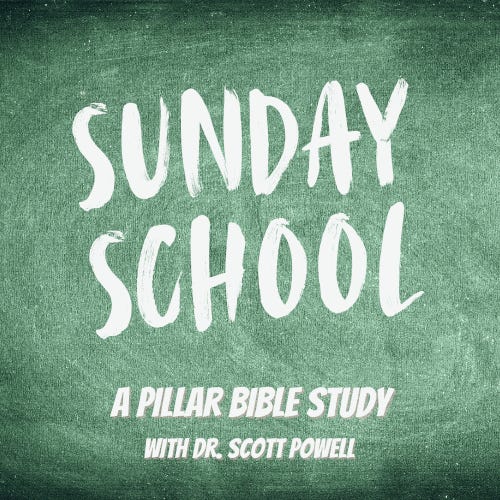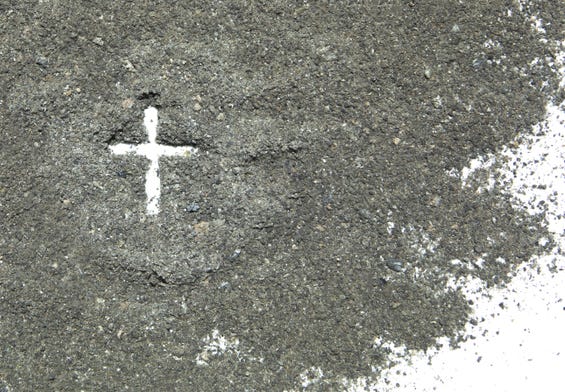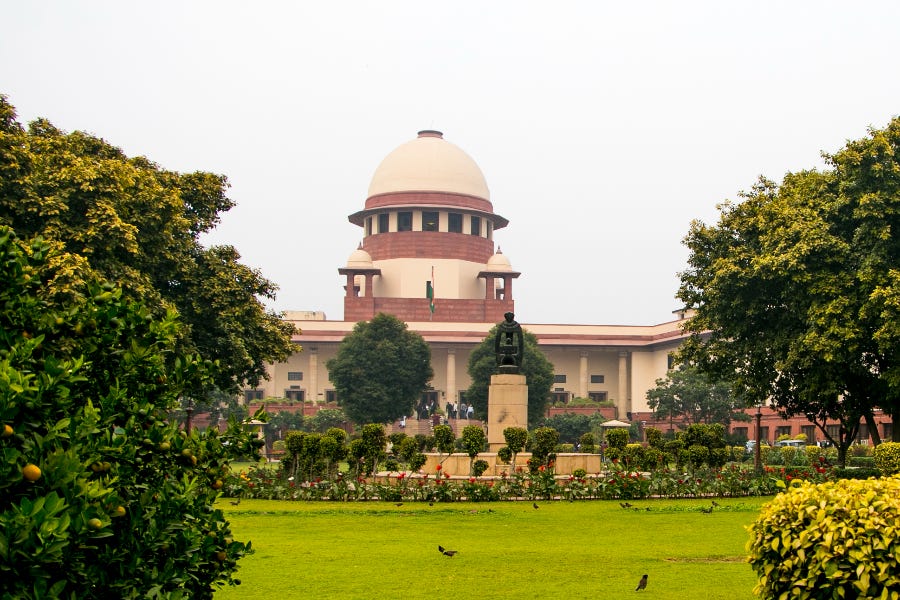The United States Conference of Catholic Bishops released on Tuesday its annual independent statistical report on abuse allegations in the Church in the U.S.
As with previous years, the headline statistics make for grim reading — some 1,300 new allegations came to light from July 2022 to June 2023.
But also as with previous years, the report charts some remarkable progress. The number of new allegations in 2022-23 was less than half the previous year’s tally, and barely more than a quarter of the tally for 2019 — the high water mark for allegations coming to light in the wake of the McCarrick scandal and Pennsylvania Grand Jury report.
And, as has been the case for some time now, the overwhelming majority of the new cases reported were of decades-old instances of abuse, more than two-thirds of which concern the 1960s through 1980s.
The report, compiled by the National Review Board for the Protection of Children and Young People, has become a bittersweet annual health check for the Church in the United States, marking real year-on-year declines in the number of allegations coming to light, both recent and historical.
While no report could ever capture the human cost of decades of sexual abuse, facilitated by negligent and sometimes maliciously culpable administration, the USCCB findings do lay bare the ever mounting financial price of failure — more than $260 million in compensation to survivors in the last year.
“These numbers are not just numbers,” wrote the conference president Archbishop Timothy Broglio in his preface to the report. “The statistics are the many stories and accounts of the betrayal of trust and the lifelong journey towards recovery.”
The road to recovery, of course, is for the institutional Church, too. And the annual act of transparency the report represents is itself an important indicator of the U.S. bishops’ commitment, as much as a barometer of their progress towards the stated aim of zero tolerance leading to zero instances of abuse.
“No other institution can readily provide and publish the body of knowledge and statistics as the Catholic Church does,” Broglio wrote. “The abuse crisis in the Catholic Church is a part of a larger societal problem of abuse — 100% of the dioceses and eparchies participated in the data collection for the 2023 report.”
For many, the archbishop’s point will seem well made. Especially as dioceses in parts of the country continue to push back against ongoing investigations by state AGs, arguing the Church has been, and continues to be, more cooperative and committed to public accountability than other institutions.
But many observers, too, would argue that the Church still has ground to cover in achieving full transparency and working towards a true culture of zero tolerance.
In dioceses themselves, many lay Catholics — and many diocesan clergy — will likely note that the report itself uses the controversial language of many diocesan review boards to describe allegations as “substantiated” when they have been “deemed credible/true based upon the evidence gathered through the investigation,” even if that has led to no legal finding of guilt.
According to critics, that language, which the Holy See has routinely advised U.S. dioceses not to use, prejudices canonical processes and denies the accused due process.
But more broadly, some argue, that language is part of a culture which distances individual bishops from taking direct responsibility for how responses to allegations (new and historic) are handled in their dioceses by shifting the decisions to diocesan review boards and other advisory apparatus.
To some degree, that insulation from direct decision-making in cases can be argued to be necessary — there are recent examples of diocesan bishops interfering in the preliminary stages to shut them down.
In that, they can also feel abandoned by their bishops, who can seem insulated from direct responsibility by layers of policy and rings of officials while simultaneously protected from the same levels of public scrutiny in the face of an allegation.
Nor, under the current implementation of Vos estis lux mundi, are bishops subject to immediate removal from office when facing an accusation, and investigations into those allegations are — at least in the United States — treated as confidential by Church authorities.
Of course, no one U.S. bishop can change how the Vatican chooses to handle accusations against bishops. On the contrary, when bishops have pushed for maximum transparency, as has been the case in more than one Minnesota investigation, they have by all accounts run up against firm resistance from the apostolic nunciature in Washington.
But individual bishops can lead by personal example, as did Dodge City’s Bishop John Brungardt, who voluntarily stood down from active ministry for more than a year until he was cleared of an allegation of abuse.
In dealings in their own dioceses, too, individual bishops have the option of taking full and immediate responsibility for decisions they make as they move towards a reality of zero-tolerance, especially when they might be unpopular.
This sort of personal ownership of decision making and commitment to transparency extends beyond accusations against clergy and can include steps taken to ensure robust enforcement of diocesan policies, too.
A recent example which many might consider exemplary could be found in Pennsylvania’s Diocese of Greensburg this week, where Bishop Larry Kulick has referred one of his own parishes to law enforcement, and publicly owned any “unpopularity” which may come his way as a result.
On May 8, a cemetery employee at St. Elizabeth Ann Seton parish was arrested for sexually assaulting a girl in a case unrelated to his job in the Church.
But following the arrest of the employee, Shon Harrity, diocesan officials discovered that his personnel file did not note his past criminal record — which included guilty pleas on charges of indecent exposure, open lewdness, and obscene disorderly conduct.
Every parish in the Greensburg diocese is required to have a safe environment coordinator who, together with the pastor, is responsible for ensuring all employees pass a series of criminal background checks and complete mandatory safe environment training.
In Harrity’s case, these either didn’t happen, or the results were excluded from his personnel file. Additionally, the pastor, Fr. John Moineau, signed a letter personally attesting to having reviewed the clearance of his parish’s employees.
Kulick said he was “outraged” by the situation and his actions suggest he wasn’t exaggerating. He immediately demanded Moineau’s resignation, placed three parish staff on administrative leave, and referred the whole matter to county investigators as a possible “conspiracy to conceal the criminal background” of Harrity.
“I am beyond disappointed that our tireless efforts to raise the bar on safe environment training, required clearances and transparency were blatantly disregarded,” Kulick said. “This is exactly why we assign a safe environment coordinator in every parish and every school and every administrative office in the Diocese of Greensburg.”
Commanding Moineau’s resignation “for the good of the parishes [he led], the diocese and the Church,” the bishop said he was being placed on indefinite leave. The bishop also announced he has “opened a canonical preliminary investigation into possible culpable negligence for actions or omissions resulting in harm or scandal.”
It was, the bishop acknowledged, likely to be seen as a harsh penalty for a priest well known and much loved in the diocese who may well be guilty of no more than taking his parish staff’s word on something he was obliged to check for himself.
But even if that is the case, Bishop Kulick did not cite policy to imply he had no discretion to exercise, nor put out a statement “from the diocese” to excuse himself from personal responsibility.
In a statement to the diocesan faithful, he said that he knows how “loved” Moineau is among his flock. “As a brother priest, I love him, too. But this serious situation cannot be ignored even though the consequences are difficult for us all.”
On the contrary, Kulick said, “I am sure many will criticize me for this decision. I may live the rest of my life as the Bishop of the Diocese of Greensburg who asked one of our most popular and beloved priests to resign. But I have a responsibility to the people of this diocese.”
“I will not hide our mistakes. And I will root out any and all potential risks to the safety of children,” said Kulick while ordering a total review of every parish personnel file in the diocese to be completed within a week.
“Someday, in front of our maker, like each of us, I will be judged by the actions I take on this earth. I have no doubt this is the right decision.”
The Greensburg bishop’s actions may indeed meet with criticism from local Catholics and parishioners supportive of Moineau. But, crucially, he has set a standard which puts zero tolerance on an equal footing with maximum transparency and personal responsibility for the bishop.
That combination could make a worthy template for governance at every level of the Church.





